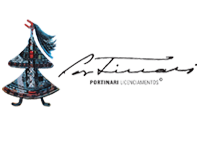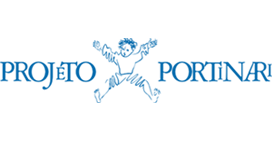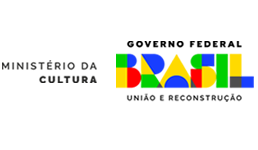General Info
His childhood in Rio; his connection with art through his family; interrupts his studies at the Escola de Medicina to become an artist; fondness for drawing; the habit of going to the theater; his linking to the group "Os Comediantes"; friendship with Bianco; Burle Marx; meeting Portinari in 1944; Ceschiatti; Flávio de Aquino; Portinari's generosity; visits with Portinari; his one-man show at the Instituto dos Arquitetos do Brasil/IAB; invited by Portinari to work on the Pampulha church project; lives with Portinari and Maria for a year; takes a course on painting with Portinari; Iberê Camargo; his studio at Portinari's house; Lói Portinari; scholarship to Paris; Athos Bulcão and Portinari's letters; trip to Paris in 1948; Ballet Iara; Portinari's hard work; the technique used in the painting "Northeastern Migrants"; Portinari, the portrait painter; "Portrait of Maria"; Portinari and his knowledge of color; the decay of figurative art after the 50's; Mário Pedrosa's radicalism; superficiality of criticism; "Dicionário de Artes Plásticas"; his great friendship with Portinari; Pampulha; the influence of Portinari on José Moraes' painting; the difficulty in seeing the panels "War" and "Peace" at the United Nations/UN; his inability to study with Léger; studies in Paris with Jean Pons; studies at Le Grand Chaumière academy; close relationship with Maria Helena Vieira da Silva and Arpad Szenes; meeting Scliar; leftist sympathizer; nazi propaganda in Brazil; influence of Marques Rebelo; Manuel Bandeira; reactionary phase; Portinari runs for Senator for the Communist Party; his deception with the Communist Party; the Communist Party poster by Portinari; Pedro Pomar asks Portinari to paint social themes; the argument between Picasso and the French Communist Party/PCF; Athos' works seen by the Modern Art critics; his relationship with Santa Rosa; Capanema's political position; Carlos Drummond de Andrade; Getúlio Vargas; compares the present military dictatorship and Getúlio Vargas'; Villa-Lobos; Segóvia; Celso Antônio's temper; his connection with architecture; teaching at the Universidade de Brasília/UB; difficulty to live by painting following his return from Paris; his work as an interior decorator; the argument with Oscar Niemeyer; the tiles for the Hospital da Lagoa; the present artists; the absence of works by Portinari in Brasilia; French influence on Brazilian art; dynamism of art in New York; "Diary of Delacroix"; intellectuals and artists gather at Portinari's house; his love of music since his childhood; artistic exchange between Rio and Buenos Aires; his acquaintance with Noel Rosa.
























































